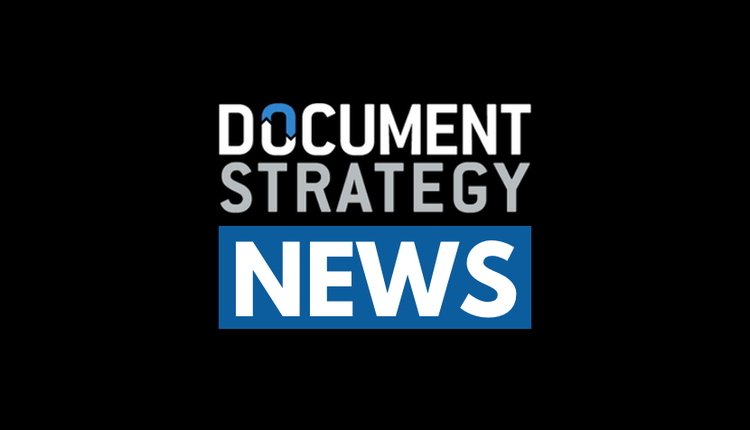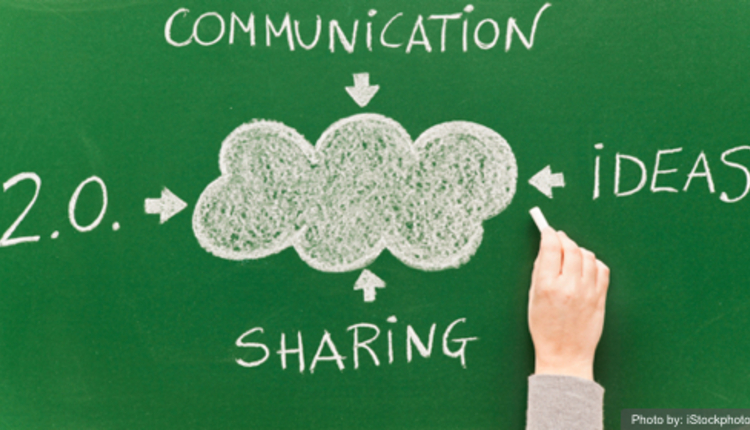
As a good corporate citizen, you get up every day and support the pursuit of improving your organization’s bottom line. You either make things, sell your stuff, serve customers or keep the engine going from an administrative perspective. I work for a software company, and we have products that optimize document production operations and customer communications. However, our software does not do everything required to run an operation or does it claim to.
On a regular basis, customers ask me the question, “Can your software do XYZ for me?” Sometimes, I say, “Yes it does!” Other times, I say, “No, but I know who can help you with that.” These straight-forward answers are appreciated by customers. Think about when you go shopping for something and the store does not have it. Do you appreciate a salesperson who tries to sell you something that will waste your time and money and leave you dissatisfied? Wouldn't you prefer that they pointed you in the right direction? Now, do not deduce that I believe only in absolutes. There may be more than one approach or answer, but in many cases, there is a simpler and more elegant approach that a customer would appreciate learning about.
In the movie Miracle on 34th Street, the staff of one store did the unheard of and directed people to their competition to gain goodwill. Now this was in a pre-Internet time and the original movie was in black and white. Nevertheless, the same principles apply today. To help your customers, you need to be educated to direct them properly. This is like the customer service staff at your favorite big-box hardware store directing you to their colleague with more experience in that department. Essentially, they are trying to get you the right tool for the job. Just because the first person you run into has knowledge about hammers doesn’t mean you should acquire the latest and greatest hammer.
When these customer demands arise, somewhat like frequently asked questions (FAQs), we as good business people must take note. We must learn the answer or who has the answer and how we can work together. When we do this, customers get better solutions. This symbiotic partnering will create good working relationships, and it may change your answer to the question, “Can your software do XYX for me?” from, “No, but I know who can help you with that” to “No, but we have a partner who does that, and we integrate with them!”
I believe that the "Miracle on Document Street" is the integration and collaboration among solution providers. Whether we are hardware vendors, software developers, finishing vendors or substrate providers, this helps our companies, our customers and our industry. So keep on reading, participating in shows and webinars, and you never know, you may learn something that you can share or integrate with.
On a regular basis, customers ask me the question, “Can your software do XYZ for me?” Sometimes, I say, “Yes it does!” Other times, I say, “No, but I know who can help you with that.” These straight-forward answers are appreciated by customers. Think about when you go shopping for something and the store does not have it. Do you appreciate a salesperson who tries to sell you something that will waste your time and money and leave you dissatisfied? Wouldn't you prefer that they pointed you in the right direction? Now, do not deduce that I believe only in absolutes. There may be more than one approach or answer, but in many cases, there is a simpler and more elegant approach that a customer would appreciate learning about.
In the movie Miracle on 34th Street, the staff of one store did the unheard of and directed people to their competition to gain goodwill. Now this was in a pre-Internet time and the original movie was in black and white. Nevertheless, the same principles apply today. To help your customers, you need to be educated to direct them properly. This is like the customer service staff at your favorite big-box hardware store directing you to their colleague with more experience in that department. Essentially, they are trying to get you the right tool for the job. Just because the first person you run into has knowledge about hammers doesn’t mean you should acquire the latest and greatest hammer.
When these customer demands arise, somewhat like frequently asked questions (FAQs), we as good business people must take note. We must learn the answer or who has the answer and how we can work together. When we do this, customers get better solutions. This symbiotic partnering will create good working relationships, and it may change your answer to the question, “Can your software do XYX for me?” from, “No, but I know who can help you with that” to “No, but we have a partner who does that, and we integrate with them!”
I believe that the "Miracle on Document Street" is the integration and collaboration among solution providers. Whether we are hardware vendors, software developers, finishing vendors or substrate providers, this helps our companies, our customers and our industry. So keep on reading, participating in shows and webinars, and you never know, you may learn something that you can share or integrate with.
Paul Abdool is the vice president of enterprise solutions for Solimar Systems, Inc.. He uses his 17 years of document industry experience to help customers develop and optimize their automated document factories with process automation, workflow solutions and professional services. Follow him on Twitter @PaulAbdool.





















